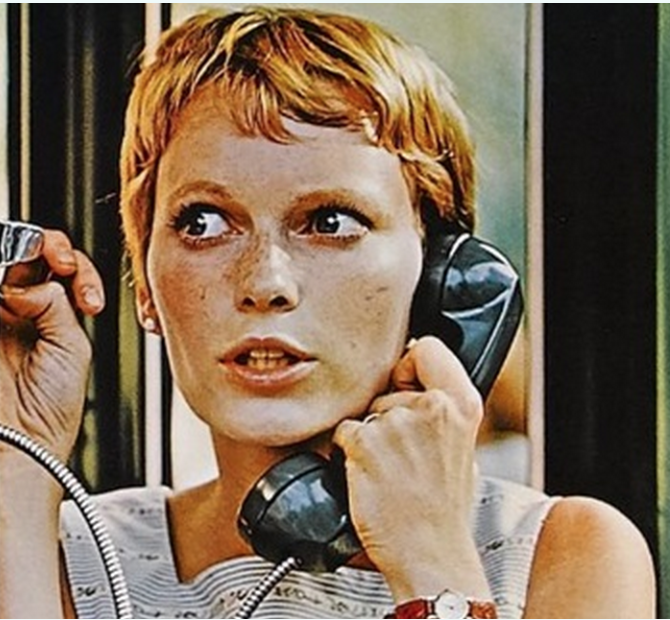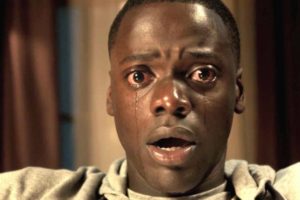 Rosemary’s Baby turns 50 today, and I’ve been thinking a ton about its brilliance and about the genre of horror overall.
Rosemary’s Baby turns 50 today, and I’ve been thinking a ton about its brilliance and about the genre of horror overall.
For a few decades, dystopias were the alarm clock we all needed. But now that the dystopia has arrived, horror is the perfect lens for examining the disasters colonizing our dying republic. That’s why Get Out blew everything else out of the water the year Trump took the White House, and that’s why films like The Exorcist and Rosemary’s Baby haunt us still. The former depicted an America possessed–it was even set within spitting distance of Nixon’s White house–and the latter spearheaded mid-century female gaslighting. It’s also why I’m so flatly unimpressed by the emptyheaded Hereditary, the Toni Collette everything-and-the-kitchen-sink horror film that has everyone’s tongue a-flapping this month.
Admittedly Collette’s fascinatingly calibrated performance is a career peak. But this is the psychologically scariest film I’ve ever seen that has no thesis, no greater point it’s driving home. It’s not just that it lacks coherence. It’s that, as an intuitive and a magic practitioner, I was painfully aware that writer/director Ali Aster steered into a bevy of supernatural topics he didn’t adequately research or articulate. Has no one learned from the myriad deaths and tragic accidents associated with Spielberg’s clayfooted Poltergeist?
Really, Hereditary is a fantastically executed failure that I don’t regret seeing but never need to see again. If you’re going to scare the bejesus out of us these days, there’s plenty of real American horror stories to draw upon. Director Roman Polanski, for all his insanity about women and sexuality, nailed the putrid plight of the twentieth century woman, and, let’s face it, 21st century women too. Besides its unparalleled aesthetics–young Farrow alone!–that liberationist rage is why I clamor to the film again and again.
Director Roman Polanski, for all his insanity about women and sexuality, nailed the putrid plight of the twentieth century woman, and, let’s face it, 21st century women too. Besides its unparalleled aesthetics–young Farrow alone!–that liberationist rage is why I clamor to the film again and again.
Here’s the related essay I wrote for the film’s less austere 47th anniversary.
